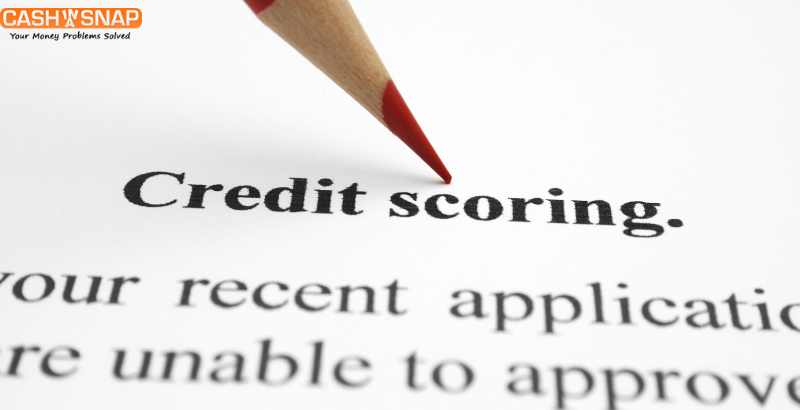Your credit score is a critical factor that banks and other financial institutions use to decide whether to give you a loan or credit card. While it is important to know the things that help you build a good credit score, you must also know the things that could hurt your credit score.

Here are some main factors that affect your credit score:
Payment History (35%)
A single late payment won’t hurt your credit score. However, multiple late payments or missing a payment on any bills, including car loans, credit card bills, student loans, and mortgage loans, can affect your credit score.
Credit Age (15%)
A lender looks for two main factors when calculating the age of your credit accounts, which include:
- The age of your oldest account
- The average age of your combined accounts, which is calculated by adding the age of each account and dividing it by the total number of accounts you have.
Do not close your older account, even if you are not using it. Keep it open, especially if all your other accounts are new.
Credit Inquiries (10%)
Credit inquiries include soft and hard inquiries. Soft inquiries do not show up on your report nor affect your score. However, hard inquiries do show up on your credit report and can lower your credit score, especially if too many inquiries are done in a short period.
Amount of Debt (30%)
Debts you owe or using more than 30% of your credit utilization ratio can lower your credit score.
Account Mix (10%)
It is important to have different types of credit accounts, such as installment accounts, open accounts, and revolving accounts. Even if you have closed these accounts, they still count for whether your credit history is diversified. Your credit score can decrease if your credit report has only revolving accounts.
Other Things That Affect Your Credit Score
Utility Bills
Unpaid utility bills can affect your credit score, especially if your debts get turned over to a third-party debt collector.
Reporting Errors
Major errors in your credit report can lower your score. Contact your lender or bank for assistance and report the errors to the credit bureaus.
Child Support
If you fail to make payments for your child support, it is considered as debt and can affect your credit score.
Parking Tickets
Unpaid parking tickets are considered outstanding debts and can appear on your credit report, thus damaging your credit score.
Applying for an Insurance Policy
Insurance companies may run a hard credit inquiry on your credit report before approving your policy. A single hard inquiry won’t affect your score, but several inquiries can. Don’t apply for an insurance policy, loan, and credit cards at the same time.
Medical Bills
Medical debts can directly affect your credit score if you have used your credit card to pay them and indirectly affect your score if you have not paid them. Health care providers send unpaid medical bills to debt collectors after a certain period, typically between 90 and 180 days.
Paying Off a Loan
Your credit score can slightly decrease if you pay off your auto loan and it is the only installment loan you have. Closing a loan can negatively affect your credit utilization ratio if your remaining loan balances are high.
Getting a New Cellphone Plan
Cellphone providers may run a hard inquiry on your credit report when you sign up for a new plan, which can affect your score.
Closing a Credit Card
Your credit utilization rate goes up when you close your credit card, which can lower your credit score.
Not Paying Your Rent
A missed rental payment can be turned over to a debt collector, who can then report your debt to the credit bureaus.
Opening a CD (Certificate of Deposit)
Banks or financial institutions may run a hard credit inquiry on your report when you open a CD or savings account.
Unpaid Taxes
Not paying your taxes on time can damage your credit score.
Bank Overdrafts
Your savings and checking accounts’ information is not reported to the credit bureaus since you are spending your money. However, if you have not resolved overdrafts on time or if the overdraft amount is sent to collections, it can appear on your credit report and hurt your credit score.
Gym Membership
Your credit score can decrease if an unpaid gym membership is sent to collections. Cancel the membership that you are no longer using.
Requesting a Credit Limit Increase
When you request the provider to increase your credit utilization limit and change the terms and conditions associated with your credit card, they may run a hard inquiry on your report to see it is worth offering a credit limit increase.


